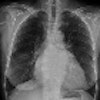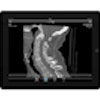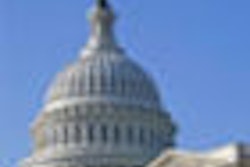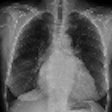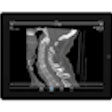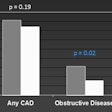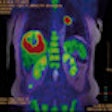CHICAGO - The failure of the congressional "supercommittee" puts radiologists, in particular, in triple jeopardy for income cuts, warned the president of the American Medical Association (AMA) in a plenary speech at this week's RSNA 2011 meeting.
Dr. Peter Carmel, president of the AMA and chief of neurosurgery at New Jersey Medical School, said that failure of congressional committee to find a way to carefully cut government spending means that Medicare will suffer an automatic 2% reduction due to the "sequestration" formula.
That is on top of a 27.4% reduction triggered by the sustainable growth rate (SGR) formula beginning in January. And then there is the Independent Payment Advisory Board, which can recommend further cuts beyond SGR and sequestration if costs eclipse a spending limit.
"If that sounds like triple jeopardy, that because that's what it is," Carmel said.
He said the AMA is continuing its efforts to spike the cuts, but he also called for the 60,000-plus radiologists and allied healthcare professionals at the meeting to add their voices to the protest.
The Affordable Care Act has been a historic piece of legislation by providing more services to patients and eliminating obstacles to healthcare erected by insurers, Carmel said.
"But serious challenges remain," he added. "The Affordable Care Act failed to repeal the SGR formula. Because of SGR, American physicians are scheduled for a 27.4% Medicare pay cut." That translates to a loss of $1 billion -- just in the state of Illinois -- in the care of elderly and disabled patients, he said.
"Just last week, Congress had an unprecedented opportunity to repeal the broken SGR formula once and for all," Carmel explained. The supercommittee had the power to fix the SGR and make other budgetary cuts, but partisan politics kept the supercommittee from doing anything -- "they couldn't even produce a report," he said.
"They had a golden opportunity to protect Medicare for future generations of seniors, and they blew it," Carmel said. This failure is supposed to trigger the sequestration process, which will usher in the automatic cuts beginning in 2013.
Both parties have expressed support of fixing the pending SGR issue, he said, and the AMA is working to achieve that before Congress goes home for the holidays.
"It is impossible for this country to climb out of its financial mess if we don't fix the broken Medicare system," Carmel said, adding that the SGR problems also threaten healthcare in general. "How can we hope to improve healthcare delivery if we continue to penalize physicians and essentially drive them out of both Medicare and Tricare?"
He said the Affordable Care Act also failed to address liability issues and to eliminate the Independent Payment Advisory Board, which he called "another misguided government attempt to control healthcare costs."
All was not gloomy, however. Lobbying efforts by the AMA produced changes in the final rule on accountable care organizations (ACOs) that give doctors a better chance to profit from quality improvements in healthcare delivery, according to Carmel.
In radiology, he said, work by the AMA was able to halve the projected reduction in imaging payments for the professional segment of imaging fees. Government proposals of a 50% reduction for interpretation fees were cut to 25%, and the battle to eliminate those cuts continues, Carmel said.
"When physicians stand together in a united front, we can have a profound impact," he said.
